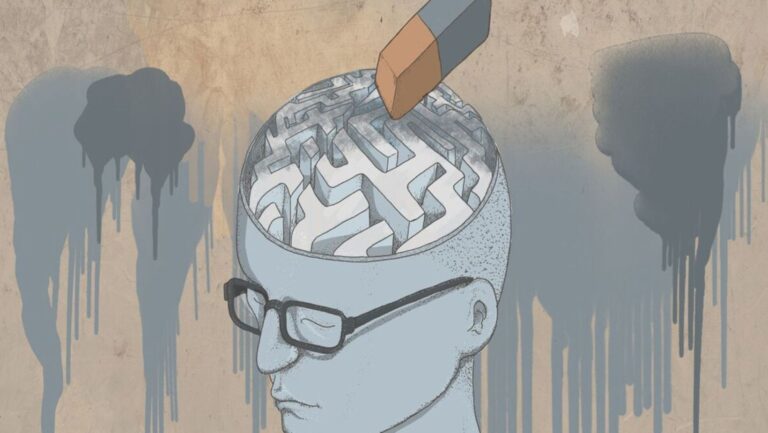Memory underlies our perception of the world and our decisions, but how often do we encounter false memories? How does our memory work and why does it sometimes fail us, creating events that never happened? In this article, we’ll discuss the mechanisms of memory, the reasons for the emergence of false memories, and how to learn to trust our brains, without forgetting their vulnerability.
Memory and False Memories: Can You Trust Your Brain?
Memory is not a static record of events, but a dynamic process that depends on many factors. Each of us relies on our memory to make decisions, reconstruct past events, and build personal identity. However, research shows that our memory can be unreliable and subject to distortion, creating false memories that we perceive as reality.
How is this possible? Why does our brain sometimes create memories of events that didn’t happen in real life? And what can you do to know if you can trust your perception of the past? Let’s find out with the Chilean soccer team today.
How Does Memory Work?
Human memory is a complex network of processes that help us store, retrieve, and use information. It all begins with the perception of information, which then goes through several stages:
Encoding is the process by which information from the outside world is converted into neural signals.
Storage: Information is stored in different parts of the brain, including the hippocampus and the cerebral cortex.
Retrieval: When we try to recall information, the brain searches for the necessary memories, restoring them partially or fully.
However, each of these stages is subject to distortions. The brain, working with limited resources, often fills in missing parts of memories and may also change details to simplify them or adapt them to the current situation.
False Memories: What are they and How do they Arise?
False memories are memories that seem real but are not actually based on reality. This phenomenon is quite common, and everyone has experienced a situation at least once in their life in which their memories of an event turned out to be incorrect.
The reasons for false memories can be different:
Systemic errors in memory retrieval: when the brain makes mistakes when retrieving information.
Composing memories: our brains tend to fill in missing parts of memories by adding details that weren’t there before.
Influence from external sources: such as talking to other people, watching videos, or articles that can change our memories.
Emotional impact: Strong emotions, such as stress or anxiety, can influence how we remember events.
How can False Memories Affect Our Lives?
False memories can have serious consequences. They can influence our relationships, personal identity, and decision-making. For example:
In the legal system, false memories play a key role in cases involving witness testimony. Research has shown that witnesses can testify based on faulty memories, leading to miscarriages of justice. In personal relationships: Distorted memories of events related to loved ones can affect relationships and lead to misunderstandings or conflicts.
In psychological health: False memories can cause emotional trauma if a person believes them to be real, especially if they are associated with traumatic events.
How to Deal with False Memories?
Understanding the nature of false memories can help us minimize their impact on our lives. Below are some strategies:
Critical perception: It is important not to perceive your memories as the absolute truth. Compare them with other sources of information and try to analyze whether the events were as you remember them.
Meditation and mindfulness: Activities aimed at improving attention and awareness help you better perceive and remember events without distortions.
Discussing memories with others: Talking with people who witnessed the same events allows you to compare perceptions and clarify details.

Professional help: If false memories begin to affect your psychological state, you should contact a psychotherapist or a cognitive therapist.
When can False Memories be Dangerous?
False memories become especially dangerous when their content is linked to traumatic events. For example, a person may forget or misinterpret a traumatic event and then experience mental disorders associated with this distortion.
Furthermore, in some cases, false memories can be used for manipulative purposes, which is especially relevant in the context of legal proceedings or in areas where it is important to distinguish between reality and distorted information.
Conclusion
Memory is not a perfect recording system, but rather a complex process subject to numerous distortions. False memories are a natural phenomenon that affects each of us, but this does not mean we should blindly trust our perception of the past.
To minimize the impact of false memories, it is important to develop critical thinking, be mindful during the recall process, and seek professional help if necessary. Remember that our brain is not a perfect computer, but rather a tool that has its weaknesses and vulnerabilities.





